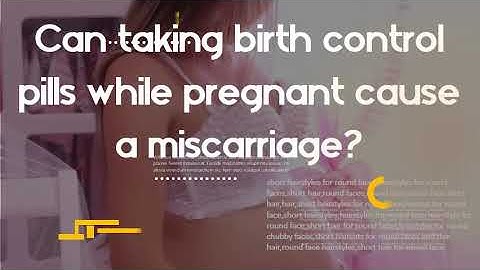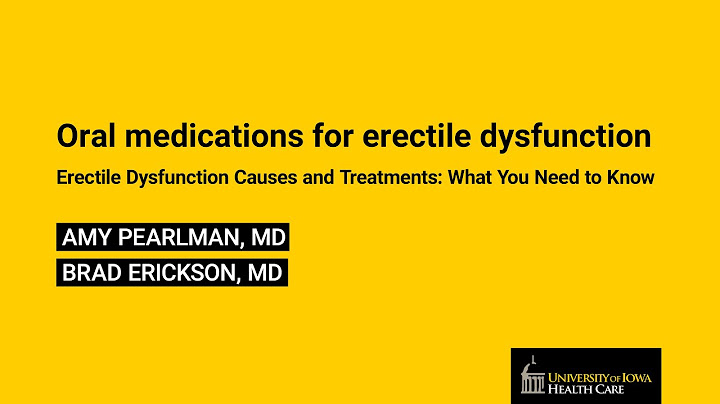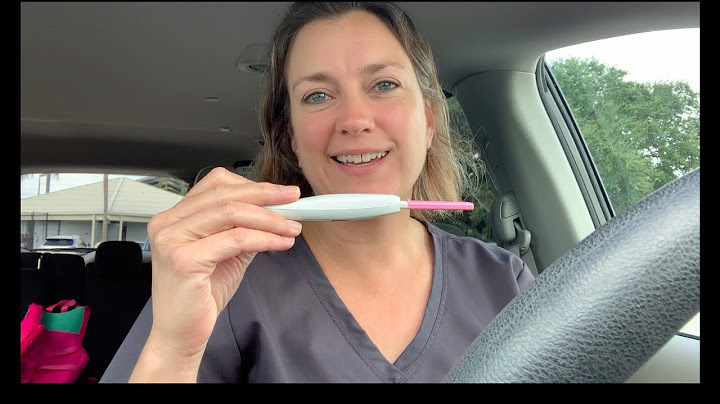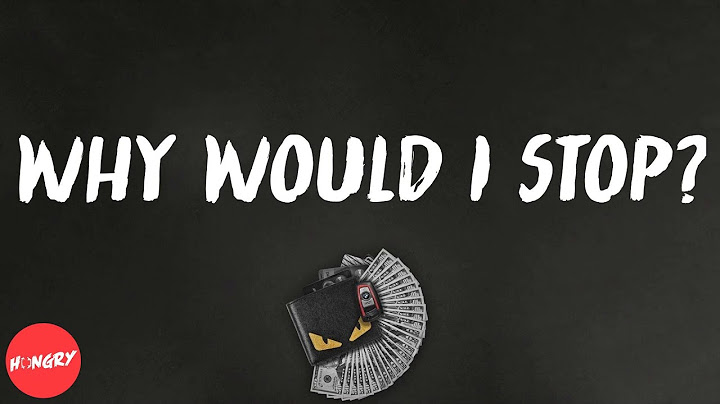Show
Cycle Health Oh yes, it’s true. Both starting and stopping the pill can cause side effects. Can we catch a break, please? Whatever your reasons for stopping, getting pregnant isn’t the only thing that can happen when you come off combined oral contraceptive pill. Whether you’re breaking up with the pill completely, or just taking some time apart, it’s a good idea to know what to expect and why. How to stop taking the pillThere’s no single method to follow when you come off the pill, so the good news is that when you’re ready to stop, you can simply stop. The main thing to remember is that if you stop at the end of your pack, you’ll get your withdrawal bleed as usual. If you stop in the middle of the pack, you’ll get the bleed straight away, which can alter the dates of your natural cycle. Most women get their “natural” period back between 2 - 4 weeks of coming off the pill. If your period hasn’t returned after a month and you’re feeling uncertain, it’s always a good idea to take a pregnancy test. However, a number of genetic and lifestyle factors affect our periods, so for some women it can take up to 3 months for it to return. Common side effectsWhen you started taking birth control, you may have noticed several side effects. The pill can help lessen cramps and heavy periods, so be aware that these might return when you stop taking it. The side effects of stopping birth control can be both positive and negative. Here are the most common ones to look out for:
Pro tip: Tracking these side effects can be a great way to keep an eye on anything out of the ordinary for your cycle! When can I get pregnant again?One of the many scare stories surrounding oral contraception is that it has an adverse affect on your fertility. It’s a myth that taking the pill has any long term effect on your fertility. Let me say it again for the people in the back: It’s a myth that taking the pill has any long term effect on your fertility. You can get pregnant straight away, even before your next period arrives. This is because when you stop taking your pill, your body can send the signal that it’s time to ovulate. That’s why it’s so important to move to another form of contraception if you aren’t looking to conceive. For the lowdown on other types of contraception, we’ve got you covered. 
Currently, there is no prescribed method on how to stop taking birth control pills after long-term use. You can choose to quit all of a sudden (i.e., in the middle of a pack) or finish the pack you’re currently on. If you finish the pack, even though it may take a while, your period will occur around the same time it did before. So if you’d prefer to return to a more regular period schedule, it’s best to finish the pack. After you stop taking birth control, your body needs time to adjust to the new balance of hormones, similarly to when you started taking the pill in the first place. Possible side effects include slight bleeding or spotting, abdominal cramps, and irregular periods for the first few months. Gradually, these symptoms should disappear on their own. The most important thing to remember once you stop taking birth control is that pregnancy can occur at any time if you remain sexually active. Consider switching to a barrier method of contraception like condoms to prevent unwanted pregnancy. Take a quizFind out what you can do with our Health Assistant Common side effects when you stop taking birth controlAs mentioned above, people who stop taking birth control might observe the following symptoms:
Next, Flo offers an in-depth look at a few of the side effects of going off the birth control pill. Irregular periodsUnpredictable menstruation is a perfectly normal occurrence after going off the pill because your body requires some time to adjust to hormonal shifts. Such irregularities usually last for a few months but may stick around for up to a full year if you were receiving the birth control shot. Weight gain/lossSince contraceptives typically contain estrogen — known for causing fluid retention — when you stop taking the pill, it could cause you to lose some weight. Alternatively, some people will gain weight after they stop taking birth control. Gaining weight after you stop taking the pill is rare, though, so it might be a good idea to consult with your health care provider if this is happening to you. Do your best to follow a nutritious diet and exercise regimen in order to maintain a healthy weight.
 BleedingIf you stop taking birth control in the middle of a menstrual cycle, it’s not unusual to see bleeding or spotting before your next period. Keep in mind, though, bleeding between periods should only be a temporary issue that goes away after a few months. If you’re experiencing spotting or bleeding for longer than that, make sure to talk to your health care provider. CrampingSome people take the pill to alleviate severe cramps, and abdominal pain may return after you stop taking birth control. Such discomfort is also common if you stop taking the pill midway through your cycle and also when you haven’t had your period in a while. When will your period start after you stop taking birth control?Most people get their first period about two to four weeks after they stop taking birth control in the middle of a pack. However, this varies greatly depending on each person’s cycle, weight, stress levels, diet and lifestyle, and medical conditions like polycystic ovary syndrome. Ovulation after you stop taking birth controlFor many, ovulation begins within a few weeks of discontinuing use of oral contraceptives. Once again, those who were getting the birth control shot will likely have to wait longer for ovulation to resume. Furthermore, your overall health and the amount of time you were on birth control can also affect the estimated timeline. These and several other factors impact your body’s ability to restore its usual hormonal balance, menstrual activity, and fertility. Generally speaking, birth control pills give people the freedom to control their own reproductive systems by protecting against unwanted pregnancy. Once you’ve decided to stop taking birth control, be aware that irregular periods, cramps, and bleeding may occur. These side effects are temporary and should eventually resolve on their own. Remember, handy tools like the Flo app can track symptoms of ovulation, including the consistency of cervical fluid and basal body temperature. This will help generate a more accurate prediction of when you’re likely to be ovulating. Can I stop taking birth control after a week?A person can stop taking birth control pills at any point, including during the middle of the pack. However, coming off birth control pills increases the likelihood of pregnancy in the absence of other birth control methods. Additionally, birth control pills override the natural menstrual cycle.
How long does birth control stay in effect after you stop taking it?For most women, it takes only 2-3 days for hormone levels to return to normal after they stop taking most forms of hormonal birth control (pill, patch, ring, IUD, implant). The birth control shot can take 8 months to a year to wash out of your system if you have had at least 3 shots.
What happens if you suddenly stop taking birth control?When people stop using birth control, they may experience side effects, including irregular menstrual cycles, cramping, acne, and weight changes.
What happens if I stop birth control on last week?Stopping your birth control pills mid-pack can cause symptoms such as irregular periods, spotting, and cramping as your body struggles to fall back to a regular menstrual cycle. These problems are temporary and will not pose any long-term risks to your health.
|

Related Posts
Advertising
LATEST NEWS
Advertising
Populer
Advertising
About

Copyright © 2024 en.idkuu.com Inc.


















